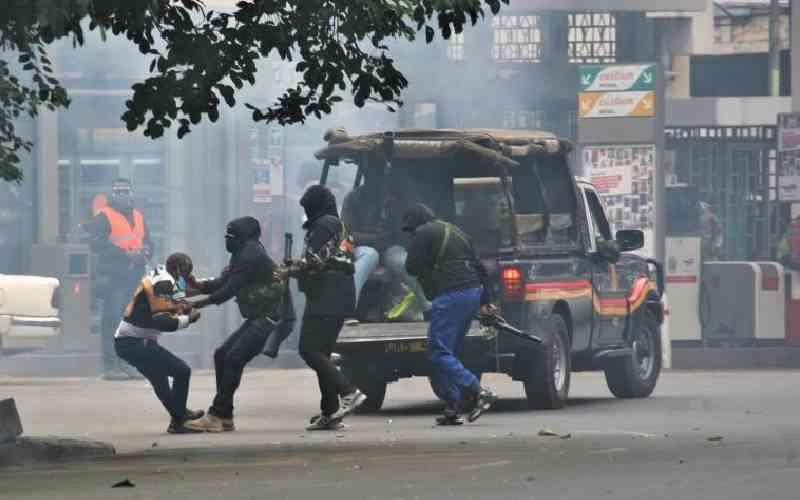
Kenya's security agencies are now facing serious accusations of violating human rights, including abductions, torture, and even killing the very people they are meant to protect.
Officers tasked with upholding the law have allegedly become its violators, with accusations of forcibly removing individuals from their homes, matatus, and social gatherings - particularly targeting those who dare to challenge the government. The growing number of kidnappings, forced disappearances, and murders allegedly linked to these agencies has left many Kenyans questioning whether they can still trust the institutions meant to protect them.